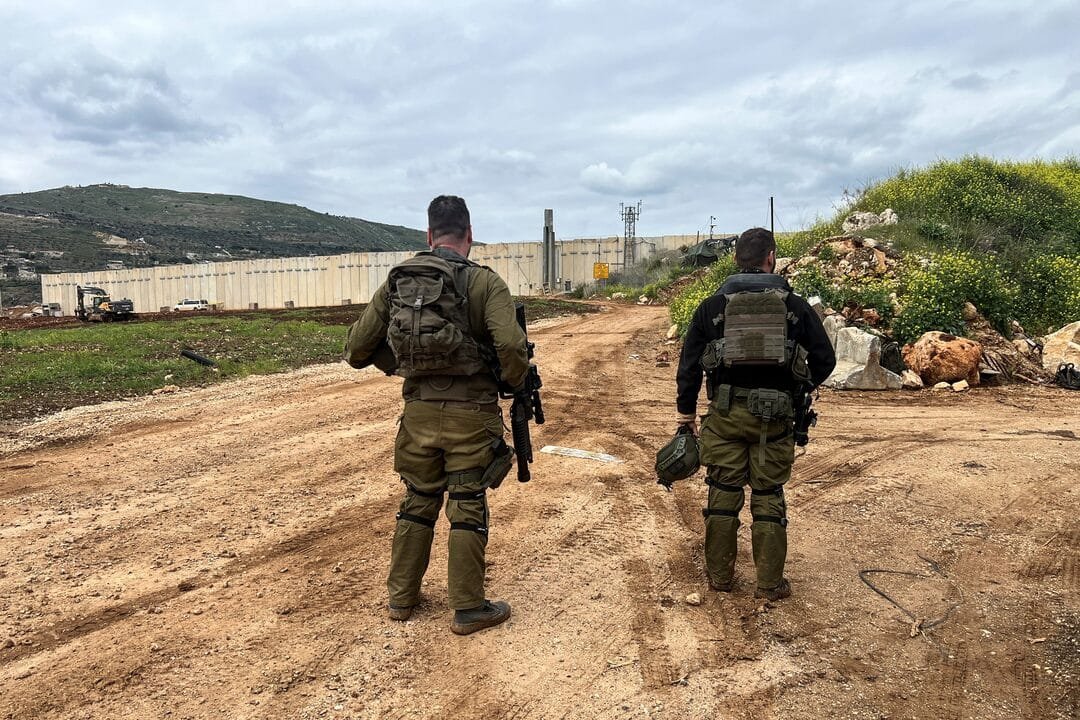In a significant escalation, Israel has conducted airstrikes on southern Lebanon, targeting areas near Tyre, following rocket attacks from Lebanese territory. This marks the most intense exchange since the ceasefire with Hezbollah was established in November 2024.
The Israeli military reported that six rockets were launched from Lebanon toward the Israeli town of Metula, with three intercepted by the Iron Dome defense system. In retaliation, Israeli forces carried out air and artillery strikes, focusing on Hezbollah’s command centers and rocket launchers. Lebanese sources confirmed that at least five people, including two children, were killed in the village of Touline, and 11 others were injured.

Hezbollah has denied involvement in the rocket attacks, reaffirming its commitment to the ceasefire agreement. Despite this, Israel holds Hezbollah responsible for any aggression emanating from Lebanese territory.
Lebanese Prime Minister Nawaf Salam expressed deep concern over the potential for a new war, urging international intervention to prevent further escalation. The United Nations Interim Force in Lebanon (UNIFIL) has called for maximum restraint from all parties to maintain the fragile peace.
“We strongly urge all parties to avoid jeopardizing the progress made, especially when civilian lives and the fragile stability observed in recent months are at risk,” it said in a statement. “Any further escalation of this volatile situation could have serious consequences for the region.”
The ceasefire agreement, brokered in November 2024, required Hezbollah to dismantle its weapons in southern Lebanon and for Israeli troops to withdraw, allowing the Lebanese army to maintain order. However, recent events have strained this truce, raising concerns about a return to full-scale conflict.
The renewed hostilities have heightened tensions across the Middle East, with fears that the Israeli-Lebanese border could become a new flashpoint.





